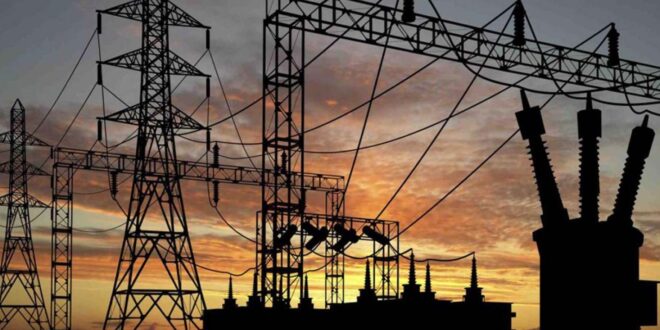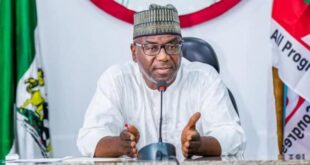Nigeria’s power crisis remains a pressing issue as the federal government admits that over 100 million citizens still lack access to reliable electricity, despite sinking over N5 trillion into subsidies in the last few years.
The Special Adviser to President Bola Tinubu on Energy, Olu Verhejen, highlighted the link between electricity consumption and economic development, as Nigeria’s macroeconomic difficulties and unreliable power supply have severely impacted the productivity of the commercial and industrial sectors.
The government is addressing the foundational problems that, when resolved, will help increase energy access to Nigerians.
A multi-agency team is actively pursuing reforms and initiatives aimed at expanding access to electricity and enhancing its productive use.
The presidential metering initiative is also working to reduce the aggregate technical commercial and collection losses to globally accepted standards.
Power Minister Chief Adebayo Adelabu emphasized the collective responsibility to address the power issue, as it has far-reaching implications for poverty alleviation, healthcare, education, and overall improvements in the quality of life.
With the 700mw Zungeru Hydropower set to join the grid in the next two weeks and work ongoing to complete evacuation infrastructure for the 40mw Kashimbilla Hydro, power supply through the grid is expected to improve steadily in the coming months.
The government is also working to put in place gas supply contracts for the power plants under the National Integrated Power Projects (NIPP) managed by the Niger Delta Power Holding Company (NDPHC).
Senator George Akume, the Secretary to the Government of the Federation, assured participants that the federal government would work to ensure that the head office of the planned Africa Energy Bank (AEB) is located in Nigeria.
Nigeria’s power crisis is a multifaceted issue that requires collaborative efforts from all stakeholders to address the crucial issues of energy security, transition, and financial sustainability.
The Nigeria International Energy Summit served as a platform for knowledge sharing and collaboration, and the government is committed to finding solutions to this pressing problem.
Subscribe to the Advocate News letter and receive news updates daily in your inbox.
 Advocate.ng Latest news update on politics, entertainment, sport and more
Advocate.ng Latest news update on politics, entertainment, sport and more




